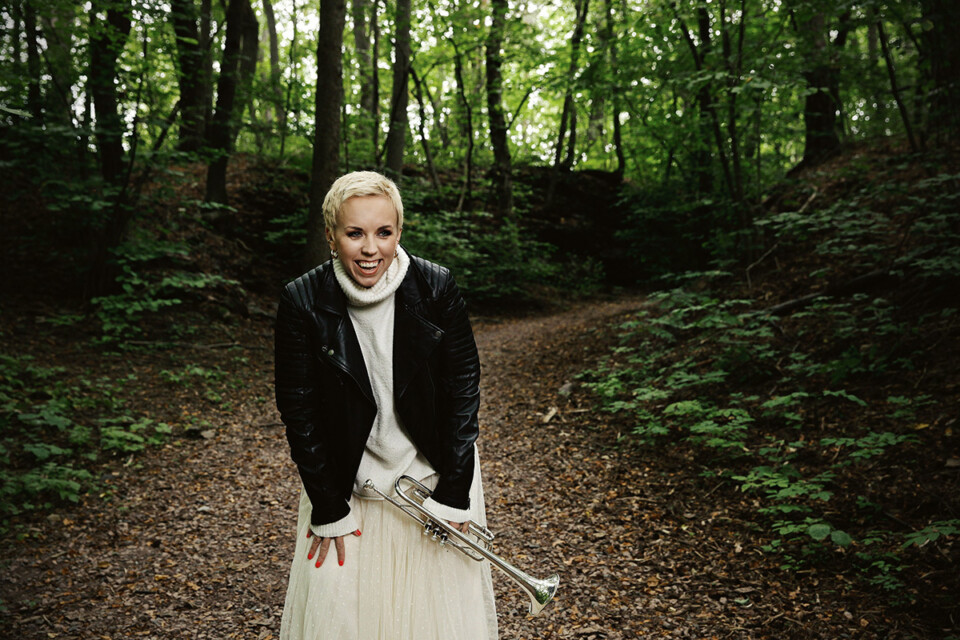With time comes reflection. “One of the great things about getting older – on top of having more experience and perspective – is that if there’s something I want to do, I do it,” says trumpet soloist Tine Thing Helseth.
A sentiment she’s taken to heart, Helseth’s list of ‘things she wants to do’ also includes programming a chamber music festival, leading an all-female brass ensemble and singing with a jazz band at the most famous jazz club in her home city of Oslo. What’s more, she plays at all these places barefoot. “When I was younger, I always wore heels,” Helseth explains. “But at some point, I said ‘no’. I wanted to feel more grounded. Yeah, it feels good! I feel very free. I feel like I’m ready for anything.”
Helseth has been playing trumpet since she was six. It was only when she started playing abroad that she realised not many women played brass instruments, especially in orchestras. It wasn’t like that in Norway; both her parents played in amateur brass bands and there were just as many girls as boys in the school band. Now, Helseth regularly hears herself described as inspirational, which ‘feels beyond surreal when I’m just me, sitting in Oslo”. At the same time, as an old Spice Girls fan, she is all for fostering Girl Power. “So of course I think, or hope, that it is an inspiration.”
Reflecting on her childhood, Helseth isn’t sure when she set her mind to playing music professionally. The ambition seems to have been always with her. “All my friends from school would say ‘oh yes, Tine, she always wanted to play the trumpet’. Of course, when you are a kid, you don’t realise what it takes. That’s the good thing about being a child! Once you are in it, you realise it’s hard work, but it’s worth it.” At 13, she started entering competitions. “There was the Eurovision Young Musicians Competition in 2006. I got second prize and it just kind of happened. I started travelling the world when I was 18.”
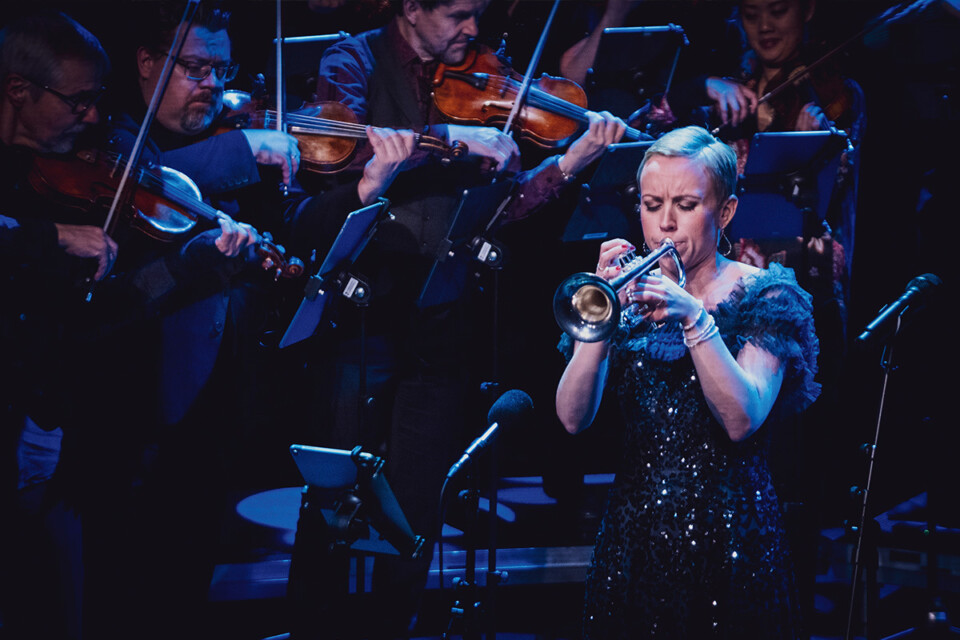
Critics have praised Helseth’s clarity, sweetness of tone, seamless ornamentation and, above all, her lyrical expression. She was always intent, she says, on finding her own voice. “From when I was a kid, the thing I thought was the most fun was when I just played a nice melody, a beautiful song,” she reflects. ”I loved doing sightreading, not just hitting the right notes and getting the timing right, but making up phrasing and playing different characters. When I was very young, our teacher encouraged us to play the same tune different ways, like a ‘happy mouse’ or a ‘sad elephant’. Just playing around – which is something I kept up, as one of the things that feels very ‘me’.”
Of course, she adds, playing well also requires both a physical talent for whatever instrument you choose and a mastery of technique. “You need to be able to use the tools in your toolbox to do what you want musically. And you’re never done with that: you can always evolve, and you can always play better.” That said, playing music is not an athletic feat. “It isn’t the sport element that should be the focus. It should be the music and how it sounds. nd it shouldn’t look hard, even if it is.” Again, it is the voice that matters. “Because there needs to be a reason why people will listen to what I have to say. And that shouldn’t be the same as what everyone else has to say, or how everyone else sounds.”
That said, the piece Helseth will be playing with the Melbourne Symphony Orchestra in May – Polish composer Mieczyslaw Weinberg’s Concerto for Trumpet and Orchestra (1967) – is brimming with technical challenges and is, quite literally, a blast. “It’s very much a physical piece,” she laughs. “There are a lot of fun things going on, not only in my part but with the orchestra as well; it has this nice mix of long, beautiful melancholic lines, but then it’s almost brutal in places, so I think for the audience it’s very exciting just to be on the journey. You never know what’s coming. And the last movement is extra cool, because he uses small quotes from different places in the orchestral literature that I think people will recognise.”
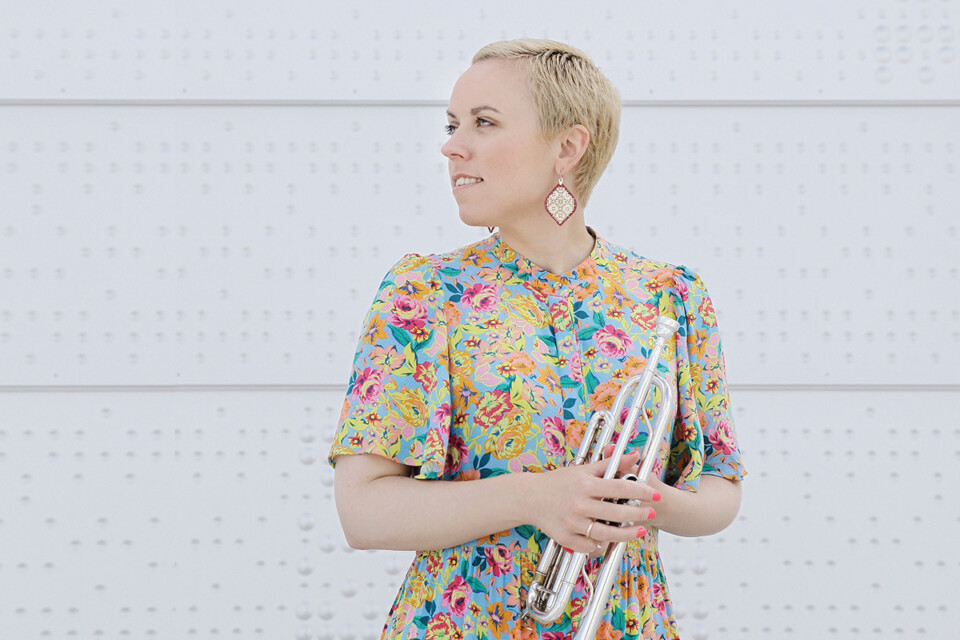
Helseth’s approach to both playing and life has undergone a recent radical shift after a cancer diagnosis two years ago. For eight months she did not touch the trumpet: entirely concentrating on her health and at times, she admits, felt she didn’t care if she never played again. When she did eventually return to it, it took only about a week to retrieve the physical knack of playing. “It’s like riding a bike, the body remembers. But with the chronic fatigue I now have, the body feels different, so I had to discover a different way of playing. Which is also exciting, in that I must adapt. Life changes anyway, with age – I’m only 36, but being 36 is different to being 18. So, everything evolves all the time, whether you’ve had a serious illness or not.”
Life is another matter. Helseth had already taken a long break from performing in 2015, when she was playing over a hundred concerts a year and, as she puts it, “hit the wall”. With her illness, priorities began to shift. “Suddenly you realise that we only live this one time, it’s not that long and you never know what will happen. Playing the trumpet is great, but it’s not the most important thing. The most important thing is to feel healthy and be with the people I love.”
Now, Helseth travels much less than she used to do; after our interview, she says, she plans to lie on the couch. “It is a journey,” she reflects. “This life that I’ve lived since I was a teenager, the life of a soloist, is a lot. I want the tempo to be a bit slower and be able to experience and see what’s going on around me.” Playing the trumpet, she reminds herself, is her job. She has to keep that in perspective. “But that has made playing even more special, somehow,” she adds. “Because it feels like I really chose it.”
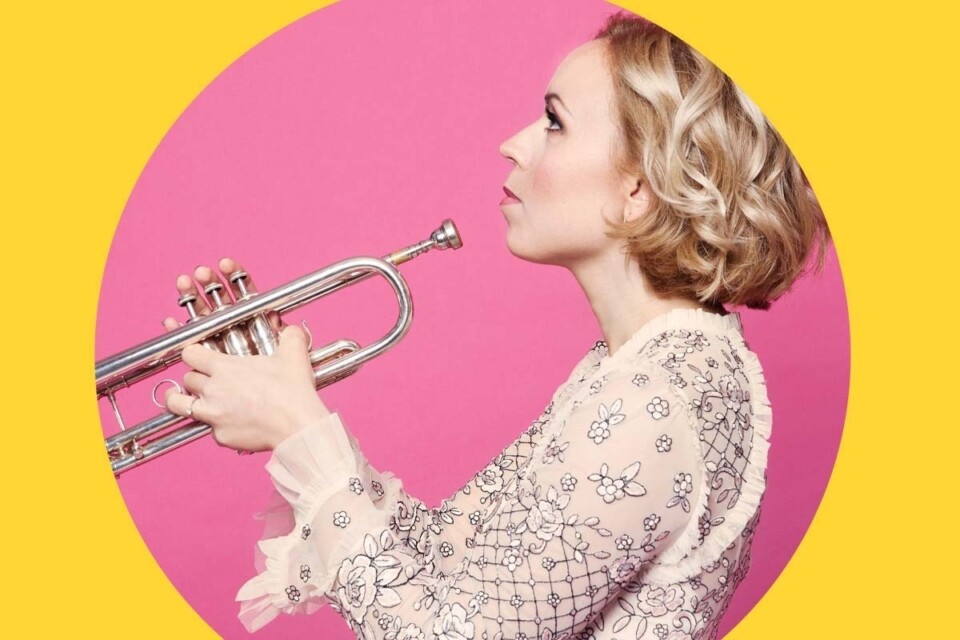
Rachmaninov and Weinberg
16 & 18 May 2024
Arts Centre Melbourne, Hamer Hall
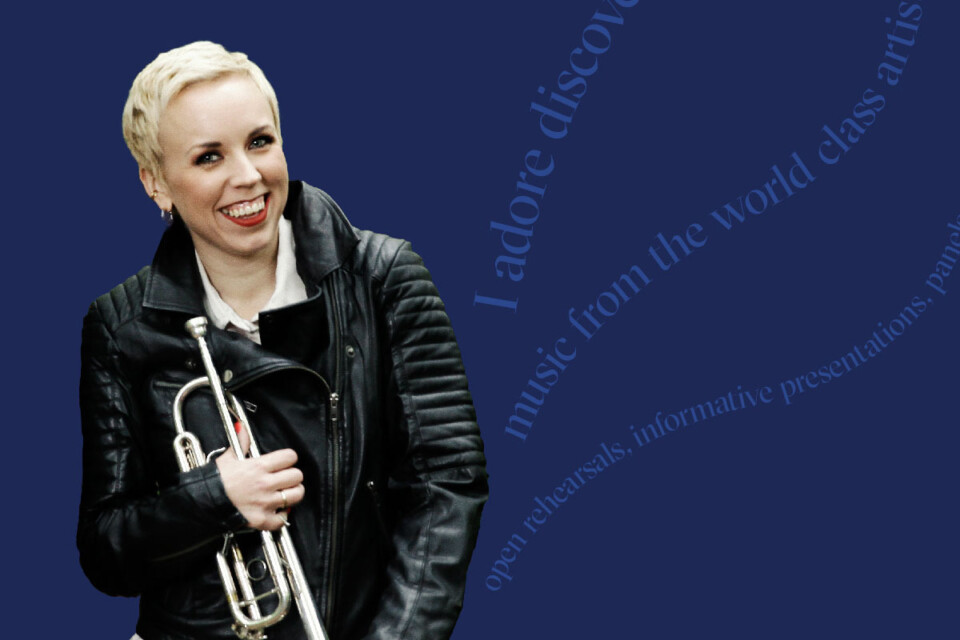
Masterclass with Tine Thing Helseth
15 May 2024
Iwaki Auditorium
